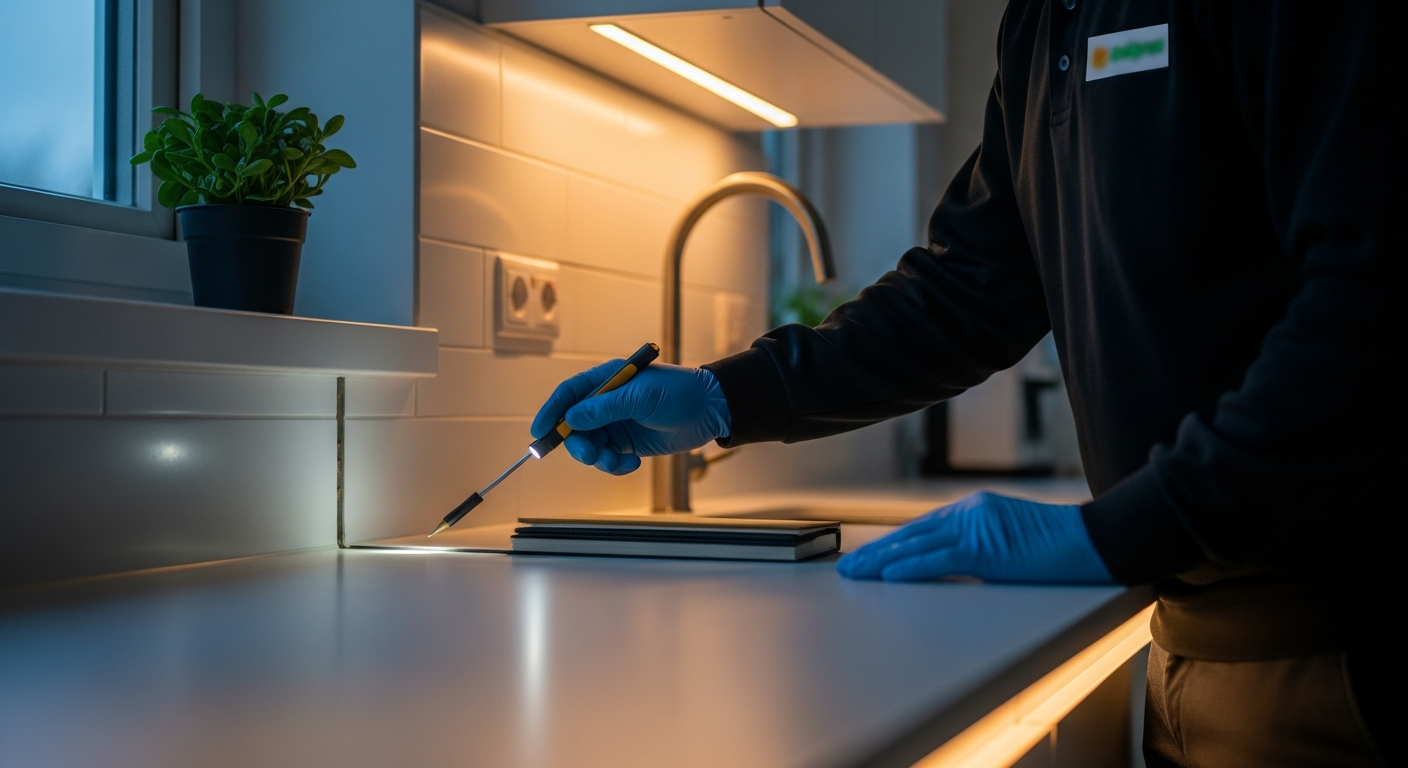Online - Depression Test
Depression and anxiety aren’t just feeling sad or stressed — when left unaddressed, they can quietly dismantle a person’s entire life. Relationships break down, careers fall apart, and the body begins to suffer under constant tension and exhaustion. Sleep disappears, appetite fades, and physical health deteriorates, sometimes leading to heart problems, chronic pain, or digestive disorders. Inside, there’s a growing sense of hopelessness, guilt, and fear that never seems to let go. In the most severe cases, these conditions can lead to self-destructive behavior or even suicidal thoughts. This is not weakness — it’s a serious threat that demands care and support.

Defining Depression and Bipolar Disorder
Depression is a persistent mood disorder characterized by feelings of sadness, hopelessness, and loss of interest in daily activities that last for weeks or months. Unlike temporary sadness, clinical depression interferes with work, relationships, and basic functioning. Bipolar disorder involves alternating episodes of depression and mania or hypomania, creating extreme mood swings that can be equally disruptive. Both conditions are legitimate medical disorders with biological, psychological, and social components that require professional attention and evidence-based treatment approaches.
What Can Online Depression Tests Actually Measure?
Online depression screening tools typically use validated questionnaires like the PHQ-9 or Beck Depression Inventory to assess symptom severity. These assessments evaluate sleep patterns, appetite changes, energy levels, concentration difficulties, feelings of worthlessness, and thoughts of self-harm. While these tests provide valuable initial insights and can help identify concerning patterns, they cannot replace professional diagnosis. They serve as preliminary screening tools that can motivate individuals to seek appropriate mental health care when results indicate potential concerns.
Symptoms and Diagnosis: Recognizing the Warning Signs
Professional diagnosis involves comprehensive evaluation beyond online screening results. Mental health professionals assess persistent symptoms including profound sadness, loss of interest in previously enjoyed activities, significant weight changes, sleep disturbances, fatigue, difficulty concentrating, feelings of guilt or worthlessness, and suicidal ideation. For bipolar disorder, clinicians also evaluate manic episodes characterized by elevated mood, increased energy, decreased need for sleep, racing thoughts, and impulsive behavior. Accurate diagnosis requires ruling out medical conditions and substance use that might mimic depression symptoms.
How Accurate Are Online Depression Screening Tools?
Research indicates that well-designed online depression tests can achieve accuracy rates of 80-90% when compared to clinical assessments, though results vary significantly based on the specific tool used and individual factors. The PHQ-9, commonly used in online formats, has demonstrated strong validity in multiple studies. However, these tools cannot account for the nuanced clinical judgment that mental health professionals provide, including assessment of cultural factors, trauma history, and co-occurring conditions that influence both symptom presentation and treatment planning.
Treatment and Management Strategies Available
Effective depression treatment typically combines psychotherapy, medication, lifestyle modifications, and social support. Cognitive-behavioral therapy and interpersonal therapy have strong research support, while antidepressant medications can address biochemical imbalances. Exercise, adequate sleep, nutrition improvements, and stress management techniques provide additional therapeutic benefits. For bipolar disorder, mood stabilizers are often essential alongside psychotherapy. Treatment plans should be individualized based on symptom severity, personal history, and individual response patterns, emphasizing the importance of professional guidance.
Cost Considerations for Depression Treatment Services
Mental health treatment costs vary significantly based on location, provider type, and insurance coverage. Individual therapy sessions typically range from $80-200 per session, while psychiatric consultations for medication management cost $150-400 initially and $75-200 for follow-ups. Many insurance plans cover mental health services, though copays and deductibles apply. Community mental health centers often provide sliding-scale fees based on income, making treatment more accessible.
| Service Type | Provider | Cost Estimation |
|---|---|---|
| Online Therapy | BetterHelp, Talkspace | $60-90/week |
| In-Person Therapy | Private Practice | $100-200/session |
| Psychiatric Evaluation | Psychiatrists | $200-400/initial |
| Community Mental Health | Local Centers | $20-80/session |
| Employee Assistance | Workplace Programs | Often Free |
Prices, rates, or cost estimates mentioned in this article are based on the latest available information but may change over time. Independent research is advised before making financial decisions.
Taking the Next Steps After Online Screening
If an online depression test indicates concerning results, schedule an appointment with a primary care physician or mental health professional for comprehensive evaluation. Prepare for the appointment by documenting symptoms, their duration, and their impact on daily functioning. Consider bringing a trusted friend or family member for support. Research local mental health resources, including community clinics, support groups, and crisis hotlines. Remember that seeking help demonstrates strength and self-awareness, not weakness, and that effective treatments are available to help restore emotional well-being and life satisfaction.
Online depression tests serve as valuable starting points for mental health awareness, but they represent just the beginning of a journey toward better emotional wellness. Professional evaluation and treatment remain essential for addressing depression and bipolar disorder effectively, offering hope and concrete pathways to recovery for millions of individuals worldwide.
This article is for informational purposes only and should not be considered medical advice. Please consult a qualified healthcare professional for personalized guidance and treatment.




